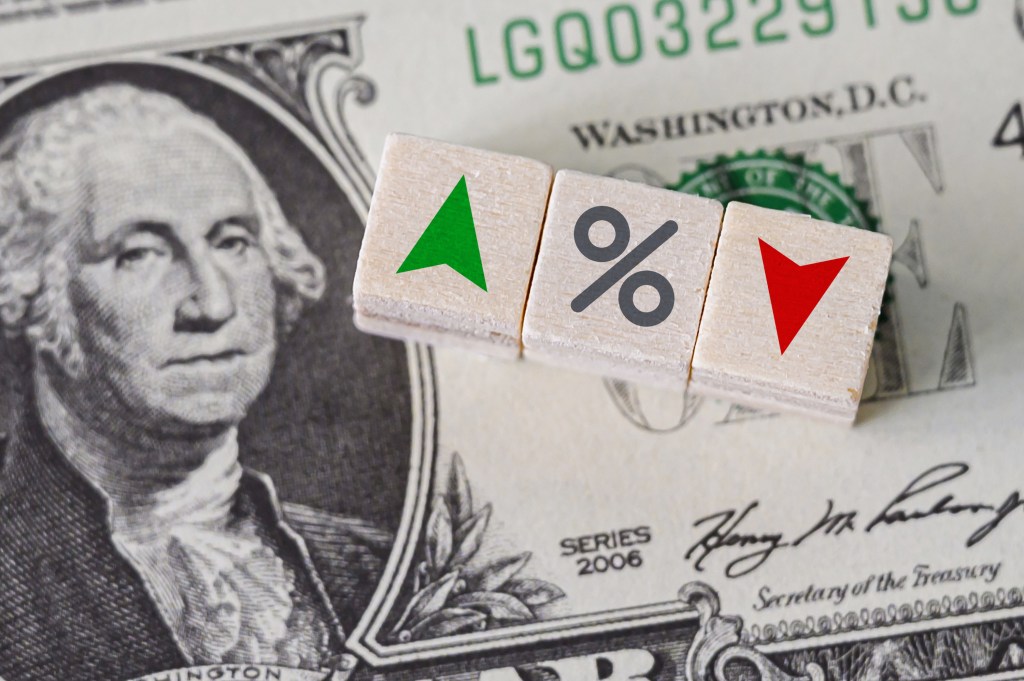The Federal Reserve Open Market Committee voted to raise the federal funds target rate by 50 basis points to a target range of 4.25% to 4.5%. The latest rate hike pulls back from three consecutive 0.75% increases and is the seventh overall increase as part of the Federal Reserve’s continued efforts to cool inflation.
“The Fed pulled back from 75 basis points to 50 basis points as there continues to be signs of inflation cooling in the broader economy, though current levels are far above where a well-functioning economy operates,” says Zonda chief economist Ali Wolf.
The announcement follows a government report that inflation was 7.1% in November compared with the year prior, continuing a decline in overall inflation. However, inflation levels remain elevated above the Federal Reserve’s target rate of 2%. Despite the smaller rate hike, the central bank forecast another three-quarter point increase in the federal funds target rate next year, more than previously estimated. Wolf says the expected rate increases in 2023 translate into slower economic growth.
According to the Federal Reserve’s monetary policy committee, recent indicators point to “modest growth” in spending and production, “robust” job gains in recent months, and a low unemployment rate. However, inflation levels have remained elevated, reflecting supply and demand imbalances related to the pandemic, higher food and energy prices, and broader price pressures.
The committee said in the announcement it anticipates ongoing increases in the target range “will be appropriate in order to attain a stance of monetary policy that is sufficiently restrictive to return inflation to 2% over time.” According to the committee, it is prepared to adjust the stance of monetary policy “as appropriate if risks emerge that could impede attainment of the committee’s goals.”
“Mortgage rates fell today in response to the short-term rate increase as investors considered the move’s impact on inflation and the economy,” Wolf says. ”The counterintuitive effect is largely due to the fact that the move by the Federal Reserve today was already baked into both the bond market and the mortgage market.”



